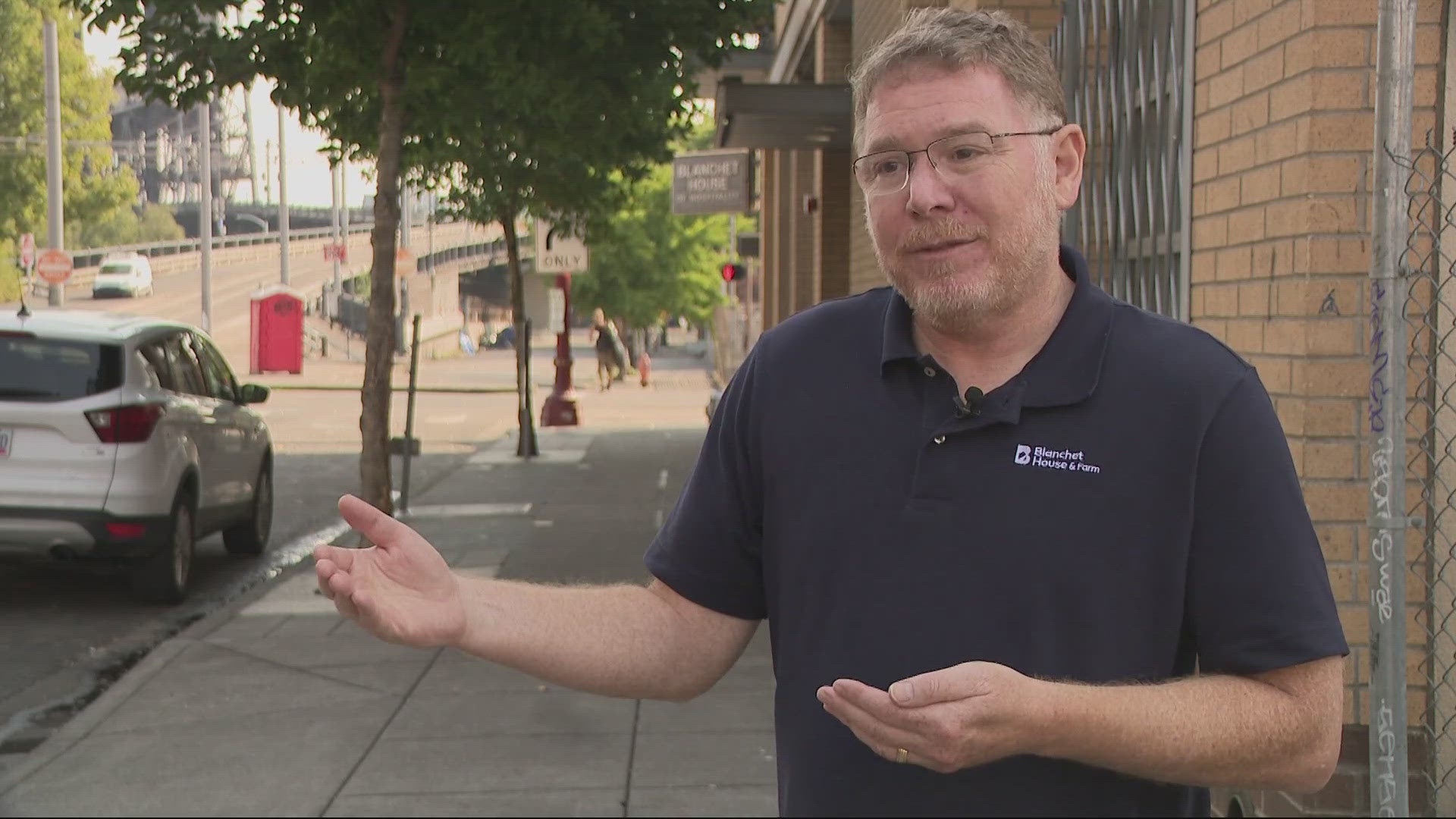PORTLAND, Ore. — Thursday was day five of deflection in Multnomah County, the option of treatment over jail offered to those caught solely in possession of hard drugs. On Sunday, Oregon’s experiment decriminalizing drugs ended, and possession became a crime again. All week, the new law has been unfolding on the streets and inside courtrooms, exposing major holes in an overrun system.
"We know the entire state is facing a shortage of treatment beds, and our entire state is facing a shortage of public defenders, but we still have to respond to the law change,” said Multnomah County Chair Jessica Vega Pederson Thursday in her first news conference since the law change.
Since Sunday, 14 people in Multnomah County were sent to jail for drug possession. Eight qualified for and accepted deflection, the treatment option instead of jail. The county confirmed Thursday one of those eight people went immediately into detox. Others were left on the streets due to a lack of beds at recovery facilities.
KGW witnessed that happen to one man Tuesday morning in Old Town. While on the streets, these outreach workers are also engaging and offering services to numerous people they come across outside the deflection program.
“In terms of the timing, having the new law go into effect on the Sunday of Labor Day weekend is always a challenge because there are so many services that are closed both on Sundays and holidays,” Vega Pederson said.
Despite the holiday weekend, once deflection is offered, people have 30 days to engage in recovery services or face future arrest.
“Well, the idea that you’re going to give somebody a plan and say you have 30 days to activate that plan is not necessarily going to be a recipe for success,” said Scott Kerman, the executive director of Blanchet House, a popular day center for homeless people in Old Town, where many who could qualify for deflection eat three times a day. Kerman sees that as an opening to help.
“What we want to do is step in… We would love all these organizations, all of these outreach teams, to table in our café. We have an open invitation… We are deeply invested in this program’s success. This is a life-or-death matter,” Kerman said.
He added treatment is only one step in a person's road to recovery, saying, “Treatment itself is important, but it’s not the whole story, and if we don’t also address mental illness and mental health support with equal fervor, then we may find ourselves in a situation where people go through treatment — but the underlying cause of that substance use is still there.”
Outreach workers offering people deflection talked with Kerman Thursday. They told KGW that a plan is in the works to send people who qualify for deflection to the Blanchet House café, where staff can help them stay on top of that 30-day deadline to engage in recovery services.

